CRM offers diverse features for businesses to accomplish their goals. Business owners can choose from cloud CRM or on-premises CRM according to their business needs.
For a company to become successful in the long run, ensuring customer satisfaction is of paramount importance. To do so with the expertise, you will have to set up a separate Customer Relationship Management or CRM solution.
The CRM interfaces with customers to evaluate their requirements and meet them to the best of the company's capacity. If you plan to use the best CRM software in India to boost your business, you can choose between a cloud-based or on-premise system.
Depending on your company's size, the investment you are prepared to make, and the individual solutions' essential features, you can select a particular system.
Some of the features and subsequent advantages of the two systems are as follows:
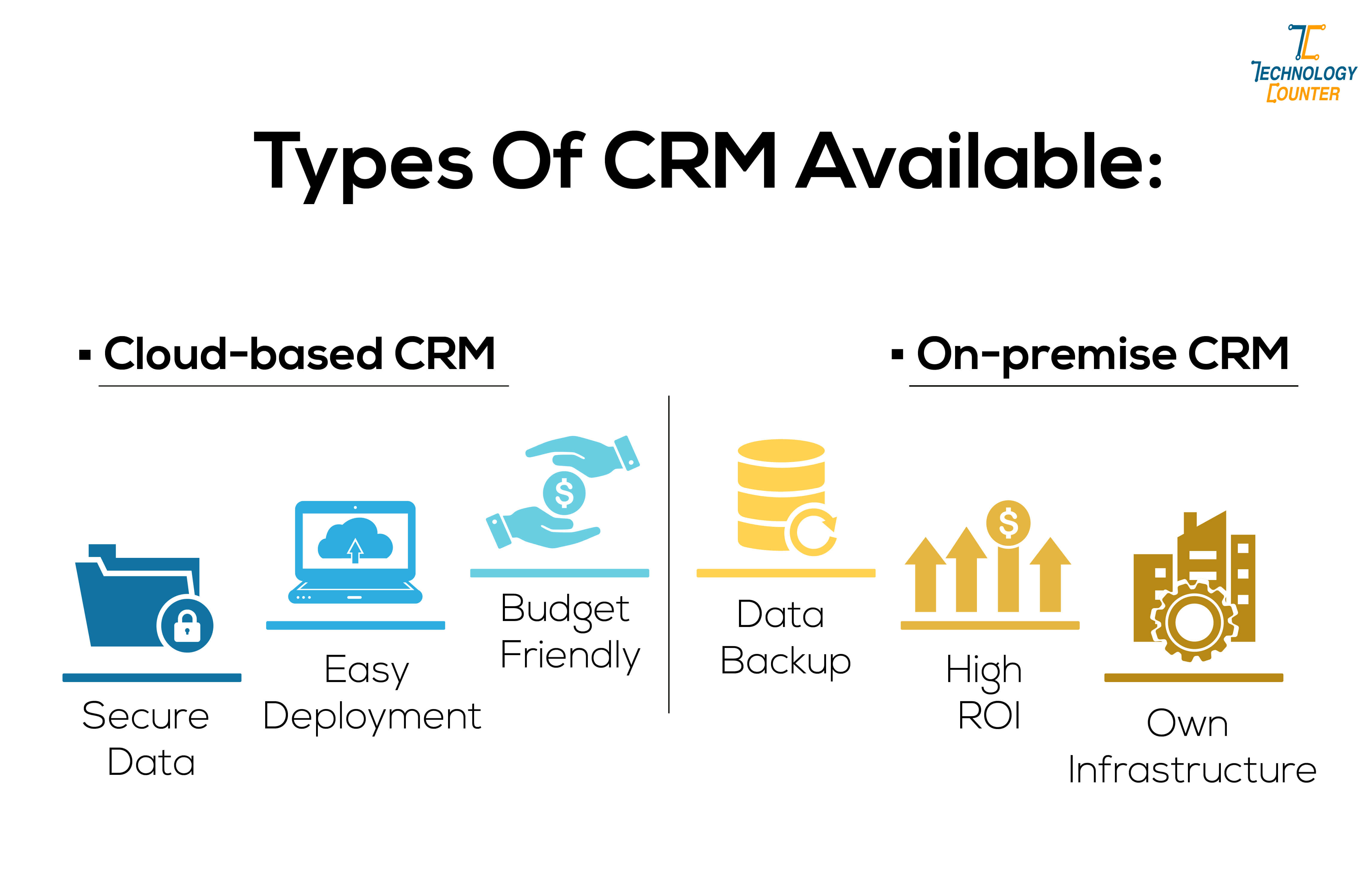
When you think of a cloud-based CRM solution, the first advantage that makes it attractive for most small and medium-sized business owners is that you do not have to make an extensive investment in using the CRM software.
In other words, you do not have to make any significant investment in setting up the system, such as installing the hardware, training a separate section of your employees in handling the cloud-based Customer Relationship Management System, paying maintenance charges, upgrading and updating the system, and other similar expenses.
All of these will be borne by the company providing the Software as a Service or SaaS solution. As an entrepreneur or business manager, all you have to do is subscribe to the particular CRM system. You can then gain access to the service provider's servers and start using the system. Some of the basic features and advantages of cloud-based CRM are as follows:
When you opt for cloud-based CRM for small businesses, you do not have to worry about security issues. As this is a customer-facing system, your clients will be sharing details and personal information with your company. Hence, assuring your customers that all the data is safe and secure is necessary. In the case of a cloud-based CRM, you can be assured that your customers' security will be taken care of by the service provider.
Cloud-based CRM systems also provided excellent scalability. This is especially important for small and medium-sized businesses. For small and medium-sized businesses keeping operational expenses low is essential. However, as businesses grow, you will need to expand your CRM platform.
If you have opted for a cloud-based CRM solution, all you need to do is increase your subscription and opt for a more extensive data space. You will not have to change the system entirely but only expand the existing system. The option of scalability makes cloud-based CRM an attractive option for small and medium-sized businesses.
If you use a cloud-based CRM solution, then you can even use a mobile application-based system. This will make it easier for your company employees to download the system onto their mobiles and respond to customer queries faster. This will not just meet customer expectations but also improve your company's relationship with your customer base. With a cloud-based CRM with a mobile app interface, you will not have to rely on chatbots to reply to customer queries. You can have employees responding to customer queries.
Thus, cloud-based CRM has numerous benefits that make it attractive for many companies. When you increase CRM software adoption, you can be assured that your response time to customer queries will reduce. You can meet customer requirements faster, and this will improve your relationship with your loyal customer base. All of this is essential, especially in the long run, to create substantial groundwork as a reputed firm in the particular industrial sector.
If you opt for an on-premises CRM system, you intend to build an entire set-up in your office for your own company's usage. Companies that opt for on-premise CRMs are not comfortable letting third-party vendors gain access to their customer information. The company managers want to ensure that this information remains exclusively within the company. However, when selecting the CRM system, you will have to understand CRM dynamics on-premises. Some of the features of an on-premise CRM are as follows:
For an on-premise CRM, you will have to set up the entire system. You will have to install the hardware, train your employees, and be responsible for maintaining the system. Unlike cloud-based CRM for an on-premise CRM, the service is not provided by a third party. You are responsible for the management of the system and its maintenance.
The initial set-up of an on-premise CRM can be quite expensive. However, if your company is sufficiently big, this expense can be quickly recovered. You will have to ensure that the investment is worthwhile, and you can recover the investment soon.
Once you have set up the on-premise CRM system, you will have to set up a disaster management system that backs up all the information stores at the same. This is necessary to ensure that no information is lost in case the system malfunctions.
Thus, when you opt for an on-premise CRM solution, you are responsible for all aspects of the system. You will have to ensure that the system works smoothly right from its installation to its maintenance and backing up of information. This is essential to ensure that your customers are satisfied with the CRM interface that you provide.
From selecting to graduation, let's take a deep dive into CRM
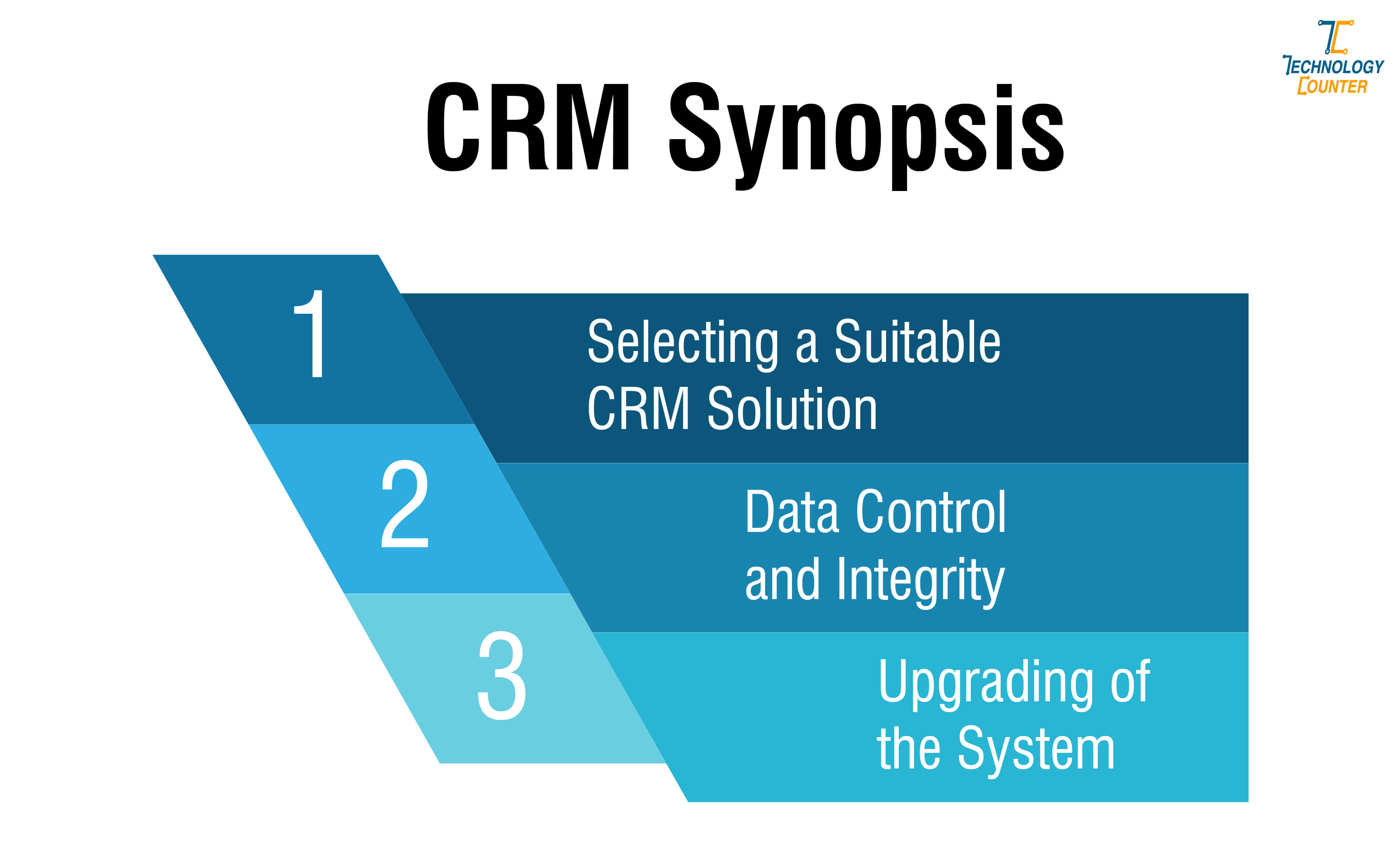
When you select particular cloud-based Sales software for your company, there are several factors that you need to take into consideration. You will have to first evaluate the investment that you are prepared to make regarding the CRM system. To understand more about the ideal system check out the write-up about the inaccurate use of CRM and how to solve it to select the best solution.
In that case, you will have to select a CRM that ensures customers receive a prompt reply to their queries, and customer requirements are also met quickly. In such a scenario, you could consider installing an on-premise CRM. However, if you have a small or medium-sized business and do not want to make a significant upfront investment, you should opt for a cloud-based CRM.
Additionally, such systems have easy scalability, making it easy for company managers and entrepreneurs to improve CRM solutions as their companies expand. Hence, when you select a particular CRM solution, you will have to prioritize two things. The first thing that you must consider is customer requirements and how you can best meet these. The second thing that you must consider is your company's size and the investment that you are prepared to make. Once you have evaluated both these factors, you should choose the system that meets these requirements adequately.
When you install either an on-premise CRM system or a cloud-based CRM software, you will have to consider managing the data and information shared by your clients. Best CRM for small businesses often helps their managers to evaluate better methods of meeting customer expectations and requirements. To do so successfully, it is necessary to carry out data analysis. It would help if you had the data collected through the CRM system stored in secure servers to be evaluated and analyzed.
You will also need to run analytics to generate metrics and statistics to give numerical values to the information. Hence, it would help if you had complete control over the data you gathered through the CRM system. If you are not comfortable sharing the data with a third party, you should consider using on-premise CRM software.
Otherwise, you can opt for a cloud-based CRM solution. Both systems allow data management and analysis, but with an on-premise CRM system, you can be assured that only you and your company employees will have access to the data.
As technology changes it will naturally become essential to upgrade the CRM solutions. This is necessary to meet the new technological demands and changing customer requirements. If you opt for a cloud-based CRM solution, then upgrading the system to meet new technological demands will be done by the service provider or the third party.
You will not have to worry about upgrading or updating the system. However, if you opt for an on-premise CRM system, you will have to pay for the up-gradation and train your employees in the new and updated technology. This can prove to be expensive but produce excellent returns if your company is a consumer-facing one and the CRM software plays a significant role in your company's success it will open ups the ways of increasing sales & revenue of your organization.
Conclusion
Thus, selecting a suitable CRM solution depends entirely on your requirements and the investment you are prepared to make. You will have to consider factors such as your company's size, scalability, and returns on investment.
You must also ensure that the CRM that you install, whether it is cloud-based or it is on-premise, both meet customer requirements and the expertise of your employees. When you have evaluated all of these factors and found the CRM software that meets these requirements, you should go ahead and install it.

Subscribe & get all related Blog notification.
Easily find the ideal software for your business with our extensive software database.
Explore Software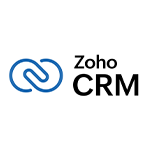
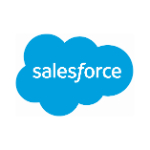

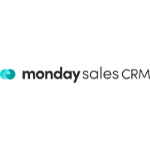
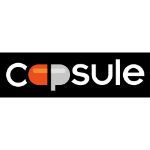
Post your comment